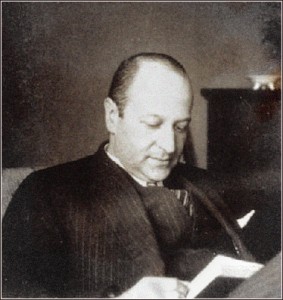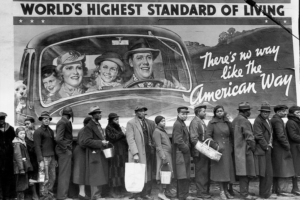
Max Horkheimer and The Sociology of Class Relations
In the fall of 1943 Max Horkheimer composed multiple drafts of an essay entitled “On the Sociology of Class Relations.” The essay was intended for inclusion in the collaborative project with Theodor W. Adorno which came to be called The Dialectic of Enlightenment. One indication that the essay was crucial to their project was that Horkheimer solicited several responses to the working drafts including comments from Franz Neumann and Herbert Marcuse (on the East coast) and Friedrich Pollock and Adorno (in Los Angeles with Horkheimer).
Here for the first time is Horkheimer’s original essay in full and in its original English-language format plus five contemporary responses.




